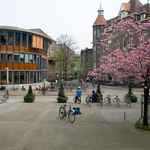Close Up 8.3: Third Places as Urban Sanctuaries
- Date
- 10 April 2025
- Time
- 18:30 -21:00
- Location
- BG 3
- Room
- VOX-POP (BG3 - ground floor)
The Bruine Kroeg: an Amsterdam phenomenon of a brown bar with beer taps, jenever and red tapestry. These places often fulfill the roll of a ‘third place’, a place next to your living and working environment, a place for meeting people, community and fostering human connection. Sadly, de bruine kroeg as well as queer bars and other third places in the city are under threat.
How can we protect third places or find new venues to embody a place of community? Together with a varied panel with expertise in policy making, community building and place making, the cultural heritage of (queer) bars and what it means to run a third place in Amsterdam, we will discuss the significance of third places. Moreover, we will discuss how to protect these societal living rooms, so that we can keep engaging in this essential part of being human.
After this panel talk, we will host a decorate your own jenever glass painting workshop. We will try to bring the ‘Bruine Kroeg” to VOXPOP. You can stick around to chat, play some games or maybe fill your painted ‘borrel’ glass with some jenever.
Practical
Entrance to this programme is free. Walk-in starts at 18:30 and ends around 21:30. You can register through the link below.
Adress: Binnengasthuisstraat 9, VOX-POP (BG3, ground floor).
Programme
- 18:30-19:00 Walk-in
- 19:00- 20:10 Panel talk followed by break
- 20:10- 21:00 Decorate a jenever glass workshop
- 21:00- 22:00 Hang at the Voxpop Third space café
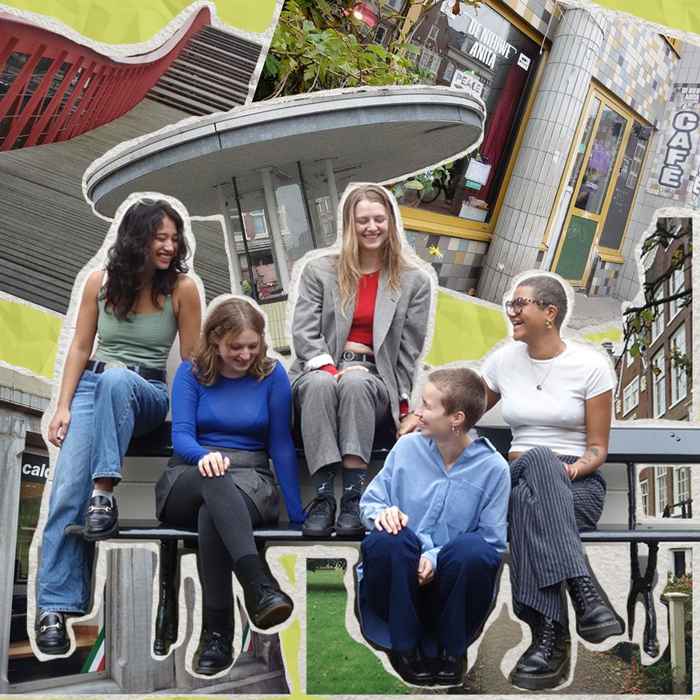
VOX-POP's programming is co-curated by an annually changing group of talented students. Since 2016, they have been organising CLOSE UP every 6-8 weeks: evenings where a social issue is scrutinised by academics, professionals and artists. This year, the student programme makers are once again ready to provide you with surprising programmes where we go in-depth together. This year's team consists of Amara, Elle, Juju, Marije and Nika.
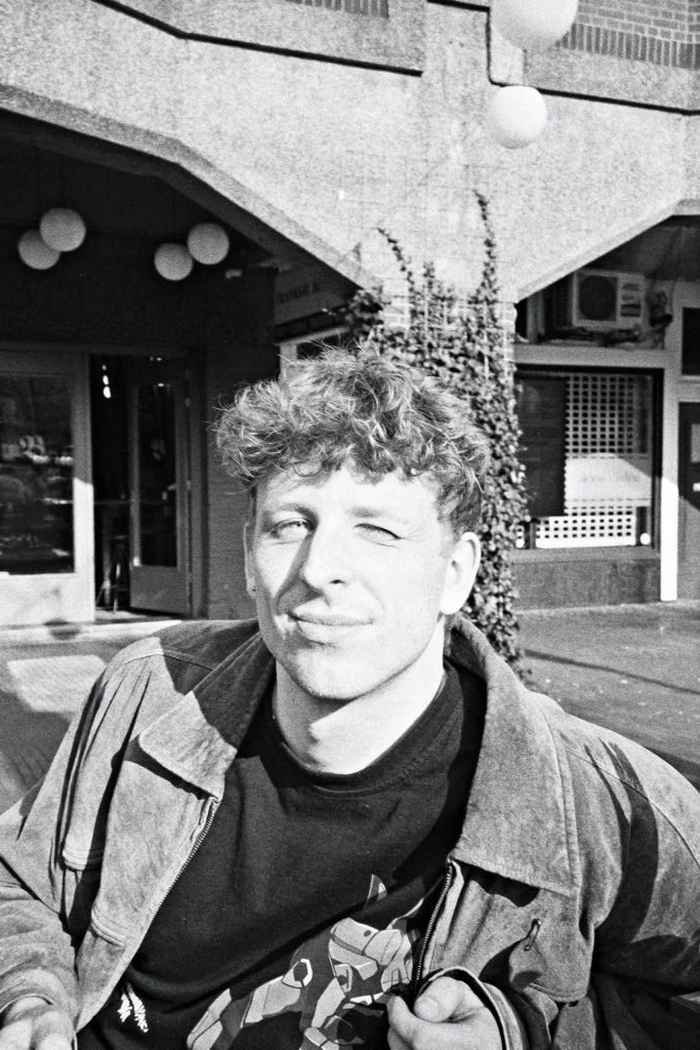
Tijmen van Voorthuizen is a historian and currently works as a PhD-student at Utrecht University. He researches the history and heritage of queer bars in the Low Countries, from 1900 to the present. In this research project he tries to answer the question how bars in the past were experienced by patrons in the past and how this relates to heritage practices surrounding queer bars in the present day.
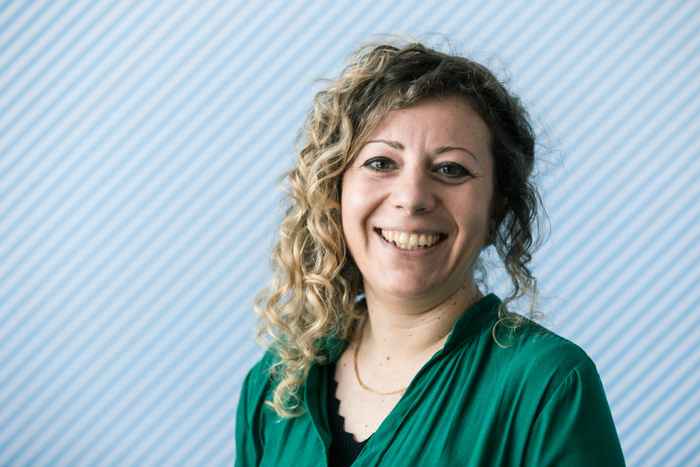
Francesca Ranalli is an architect and researcher with expertise in intergenerational spaces of encounter, especially focused on spaces for youth. She is currently a postdoctoral researcher at Utrecht University (UU) in the group Dynamics of Youth (DoY), and she was recently involved in the Trustmaking project at TU Delft. After a long-established design and participatory experience in her architecture firm in Italy, she conducted her PhD at the University of Amsterdam (UvA). Her research was focused on an intergenerational sense of community in the Dutch fringes of cities through the design of spaces of encounter and participatory practices. She funded her research with societal partners, such as the municipality of Almere and Kerckebosch Zeist. Her project, Hacking Urban Boundaries, where she worked on co-creation with teenagers, earned her the Isaac Roet Prize and research grants from the Centre for Urban Studies (CUS). Her current work adopts an interdisciplinary approach to youth studies to facilitate community building of children and adolescents through art-based methods.
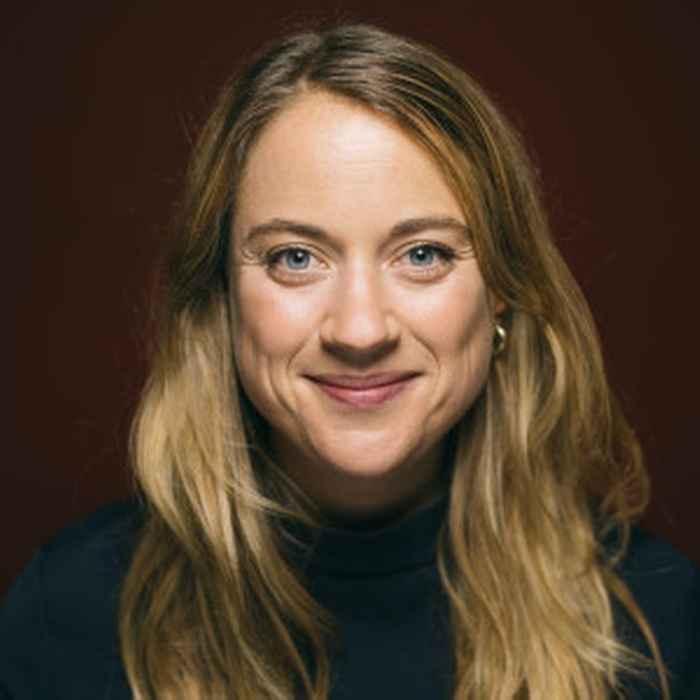
Lian Heinhuis is faction leader of the Partije van de Arbeid in Amsterdam. In the Amsterdam city council, she speaks on various topics, including public housing, attendance promotion, energy poverty and the so-called ‘Aanpak Binnenstad’. On the latter topic, she wondered: in politics, we often talk about what we don't want, but what exactly do we want in Amsterdam? What are we proud of? From this thought emerged her proposal ‘Behoud de bruine kroegen van Amsterdam’ (now adopted by the city council) in February 2023, aimed at better protecting brown pubs in the city, and the publication of the book Kroeglopen, langs de huiskamers van de stad in October 2024, as an ode to Amsterdam's brown pubs.
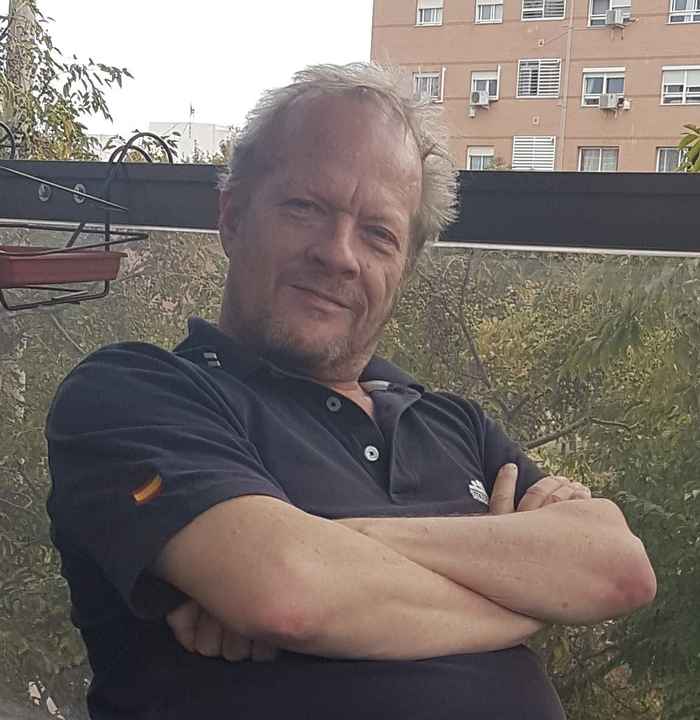
Frank Traas is a longtime bar owner in the heart of Amsterdam. Since 1996, he has run the iconic café DIEP, located right in the city's vibrant center. Café DIEP is often described as a "brown café" in style, but with a unique twist—attracting a different crowd than the typical traditional spots. It's not unusual to find a funky DJ spinning tracks, alongside guests working in advertising and film, local students, and native Amsterdammers, creating an eclectic and lively mix.
